
The Superior School of the Judges of the State of Tocantins (ESMAT) is hosting, on Monday and Tuesday, August 11th and 12th, the Jalapão Mosaic Seminar, a meeting aimed at the resumption of the composition of the managing council and the strengthening of the integrated management of the conservation units that make up the largest area of Cerrado (Brazilian biome characterized by a tropical savannah, with vegetation adapted to a climate with well-defined dry and rainy seasons) preserved in Brazil.
The event brings together representatives of quilombola communities, indigenous peoples, civil society and environmental agencies to discuss challenges and perspectives of the largest continuous area of protected Cerrado and it has lectures, discussion tables and participatory workshops, Bringing together representatives of quilombola communities, indigenous peoples, organized civil society, researchers and managers.
At the opening of the Seminar, Justice Marco Villas Boas, general director of Esmat, stressed that the event, along with the workshops, aims to reflect on the possibility of resuming the activities of the Mosaic Council, strengthening the integration of quilombola communities in bioregion management.
“I hope that this dialogue will provide us with dialogue, democratic coexistence and the participation of those who truly understand nature protection and have lived with it for thousands of years", he said.
Justice also reinforced the initiative of the Government of the state of Tocantins in the REDD+ jurisdictional program, headed by the secretary Marcelo Lelis, citing the possible direct benefits for indigenous peoples, traditional communities and family farmers, with investments aimed at improving the quality of life, and the judicious conduct of the process through participatory workshops, as well as dialogue with the productive sector of the State. According to Villas Boas, the credibility and participatory character of the program are differentials to address environmental disinformation and consolidate long-term public policies on environmental and productive issues.
Villas Boas also stressed that the state of Tocantins needs to expedite the economic-ecological zoning, land regularization, advance in the promotion of sustainable agricultural production, as well as the incentive for industrialization in the agro sector, but with inclusion and respect for the traditional populations and indigenous peoples, so that everyone benefits.
“The REDD+ jurisdictional program can contribute to this, returning gains for environmental protection, family farming and for indigenous peoples and traditional populations as providers of environmental services," he said.
Magistrate Wellington Magalhães, deputy director of Esmat, highlighted the role of the institution, through its master’s and doctoral programs, in uniting legal excellence to solve social problems, concretising impact projects such as the Jalapão Mosaic.
“We want this to be a space of collective construction, and that all can contribute to the strengthening and effectiveness of the Jalapão Mosaic", he said.
Government
Present at the event and representing the governor of the state of Tocantins, Wanderlei Barbosa, Marcello Lelis, state secretary for the Environment and Water Resources (Semarh), stressed that his presence also symbolizes the representation of the environmental policy of the State, with the Secretariat of the Environment responsible for planning, and Naturatins for executing these actions, highlighting the relevance of the participation of representatives of these institutions in the event.
"Being here is an opportunity to reaffirm the commitment of the state of Tocantins with environmental preservation and strengthening communities that make Jalapão a living heritage," he said.
Seminar
The Seminar also addresses strategic issues for the environmental policy of the state of Tocantins, such as institutional strengthening of management bodies, valorization of land and sustainable products and positive impacts on indigenous peoples, traditional communities and family farmers. Closing this Tuesday (August 12th), the event will feature the presentation of the results of thematic workshops, bringing together contributions from managers, community leaders, researchers and representatives of civil society.
The proposals prepared collectively will promote the debates for the restructuring of the management board of the Jalapão Mosaic, the expansion of the participation of quilombola communities and indigenous peoples and the implementation of integrated actions aimed at environmental conservation and sustainable development.




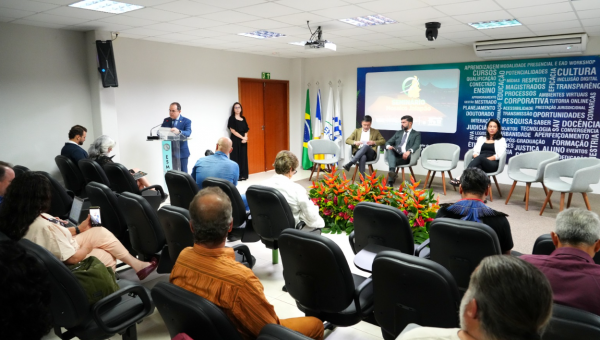
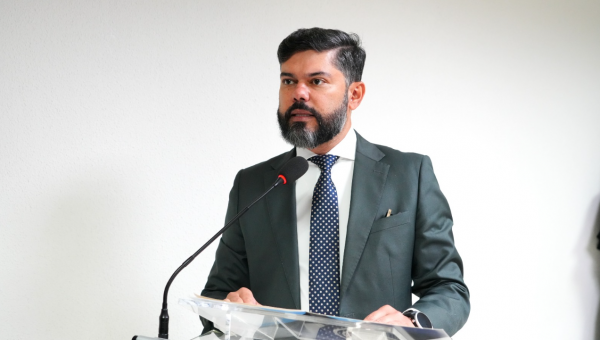
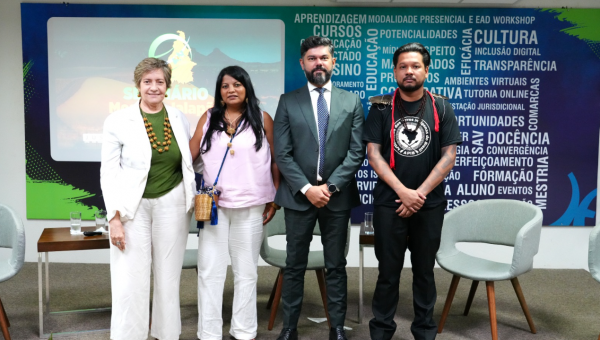
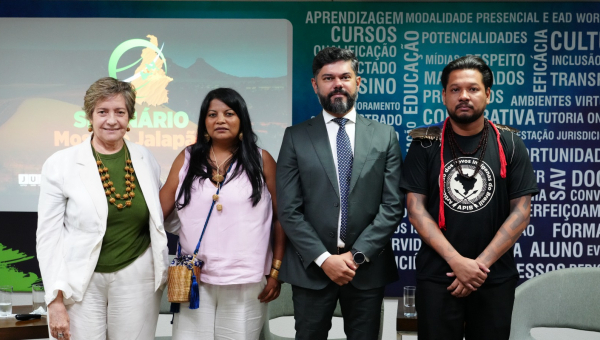

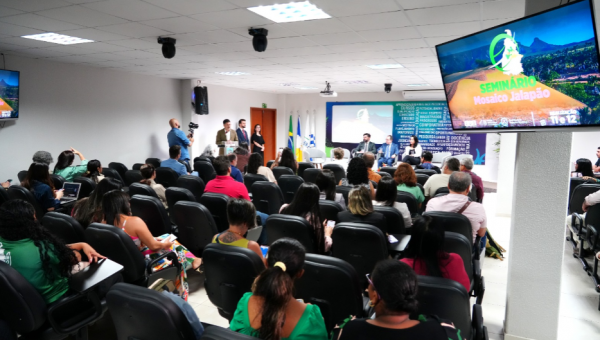
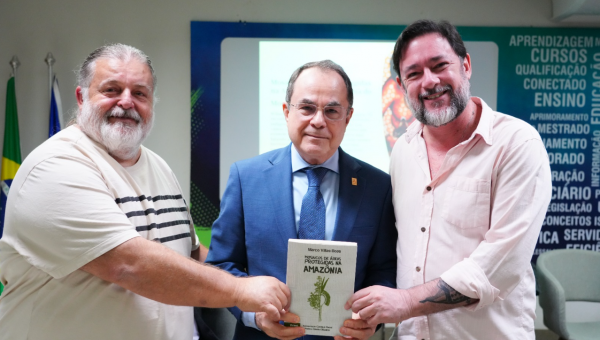
_thumbnail_thumbnail.jpeg)
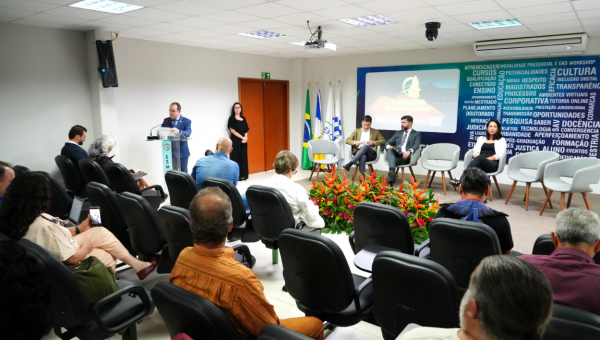
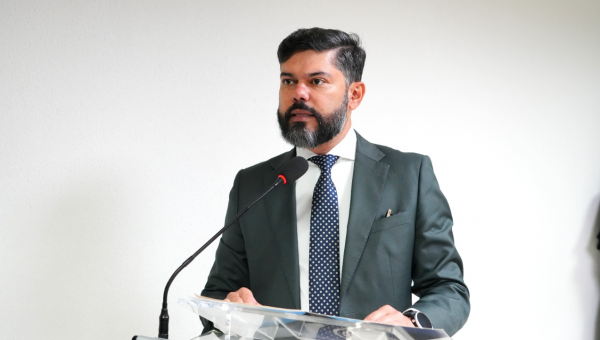
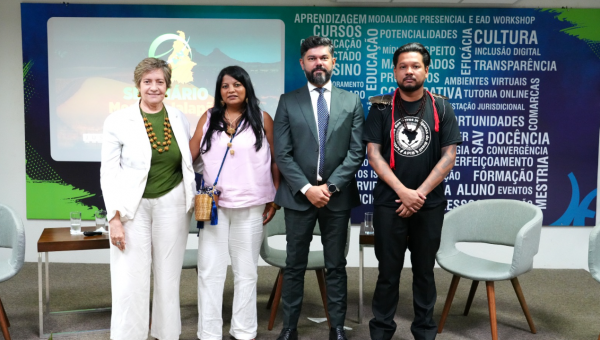

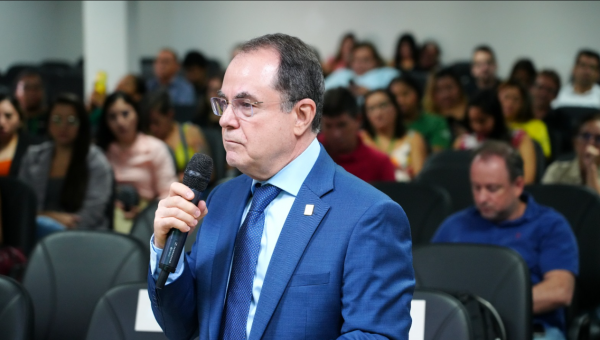
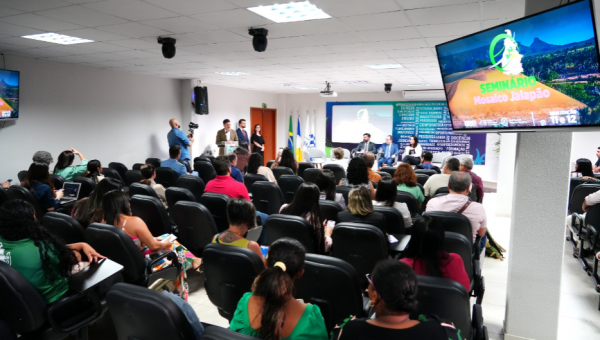
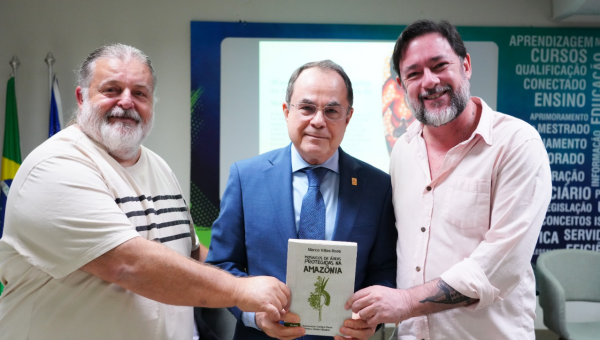
_thumbnail.jpeg)
